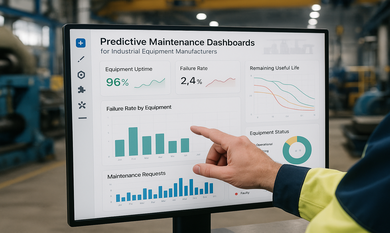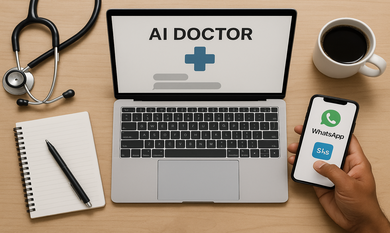Hospitals face rising pressure to deliver higher-quality care while managing costs and meeting strict regulatory requirements. As patient expectations grow, traditional management systems often fall short of expectations.
AI-powered hospital management systems (HMS) are transforming this landscape. By combining predictive analytics, machine learning, and automation, these platforms drive efficiency, improve patient experiences, and strengthen compliance.
Why Legacy Systems Are No Longer Enough
Traditional HMS platforms rely heavily on manual data entry and static workflows. They struggle to handle:
- Complex patient journeys
- Massive volumes of unstructured data
- The need for real-time decision-making
A Deloitte report shows that hospitals using only legacy tools spend up to 25% more time on administrative work, diverting focus from patient care.
How AI Is Transforming Hospital Operations
AI in healthcare brings intelligent automation to every layer of operations:
✅ Predictive Analytics
AI forecasts patient admissions, staffing needs, and supply consumption.
✅ Smart Scheduling
Machine learning optimizes doctor rosters, bed assignments, and appointment slots.
✅ Automated Data Processing
Natural Language Processing converts clinical notes, lab results, and discharge summaries into structured records.
✅ Real-Time Alerts
Systems flag anomalies in patient vitals, billing, or compliance as they occur.
✅ Patient Engagement Tools
AI-powered chatbots answer questions, book appointments, and support follow-up care.
These capabilities demonstrate the power of AI for hospital management to improve outcomes and operational performance.
Benefits of AI Hospital Management Systems

Deploying AI-driven HMS delivers measurable value:
- Higher Efficiency: Automate routine tasks and reduce manual errors.
- Better Resource Utilization: Optimize staffing, bed usage, and equipment.
- Lower Costs: Identify inefficiencies and reduce waste.
- Improved Patient Experiences: Shorter wait times and more personalized care.
- Stronger Compliance: Maintain accurate logs and proactive reporting.
Adoption and Challenges in Predictive AI
Use of predictive models is widespread. Approximately 65% of U.S. hospitals report using AI-assisted predictive models. These models are most commonly applied to predict inpatient health trajectories (92%), identify high-risk outpatients (79%), and improve scheduling (51%).
Yet, fewer hospitals assess their models thoroughly. While 61% evaluated accuracy, only 44% conducted evaluations for bias. Well-funded hospitals developing their own models were more likely to assess both accuracy and bias compared to those using external tools.
This trend reveals a potential digital divide, as hospitals with more resources and technical expertise are better positioned to build and refine advanced AI solutions.
Reference: Health Affairs
Real-World Examples
HCA Healthcare

HCA Healthcare has partnered with Google Cloud to deploy clinical generative AI aimed at streamlining workflows and improving operational efficiency.
Reference: Healthcare IT News
Kaiser Permanente

Kaiser Permanente recently announced $3 million in new grants to advance AI and machine learning research, further demonstrating the commitment of leading providers to scale intelligent technologies across clinical and operational functions.
Reference: Healthcare IT News
Providence

Large health systems such as Providence are developing clear strategies to move AI beyond pilots and into enterprise-wide deployment. Their focus includes governance frameworks, workforce training, and interoperable infrastructure to support sustainable scaling.
Reference: Healthcare IT News
Key Features to Look For
When evaluating AI hospital management platforms, prioritize:
- Integration Readiness: Compatibility with EHR and billing systems
- Data Security: Encryption, access controls, and HIPAA compliance
- Role-Based Dashboards: Custom views for each team
- Cloud Scalability: Infrastructure that grows with demand
- Human-Centered Design: Interfaces that drive adoption
Implementation Considerations
Launching AI hospital management systems requires:
- Readiness Assessment: Evaluate data quality and workflows.
- Clear Objectives: Define success metrics.
- Pilot Programs: Start with a single department.
- Training: Equip teams to validate and trust AI outputs.
- Monitoring: Track adoption, ROI, and accuracy.
Many hospitals engage experts in IoT application development services dallas to integrate connected devices seamlessly.
How Theta Technolabs Adds Value
At Theta Technolabs, we deliver end-to-end expertise:
✅ Healthcare Domain Knowledge
Deep experience with compliance, workflows, and patient engagement.
✅ Custom AI Development
Models tuned to your unique data and goals.
✅ Seamless Integration
Connections to EHR, billing, and IoT platforms.
✅ Web, Mobile, and Cloud Solutions
Secure applications accessible anywhere.
✅ Rapid Deployment
Proven frameworks reduce timelines.
✅ Ongoing Support
Continuous optimization and monitoring.
Conclusion
AI-powered hospital management systems are essential for delivering efficient, patient-centered care in today’s healthcare landscape.
Partnering with Theta Technolabs gives you the confidence to modernize operations with innovative, secure technology. Backed by deep expertise in Web, Mobile and Cloud, we help you build solutions that scale with your ambitions.
Whether you need predictive analytics or seamless integrations, our AI software development services Dallas deliver results you can trust.
Ready to Reimagine Operational Excellence?
Contact Theta Technolabs today.
Explore how we can help you:
- Automate hospital workflows
- Improve efficiency
- Enhance patient experiences

















.png)























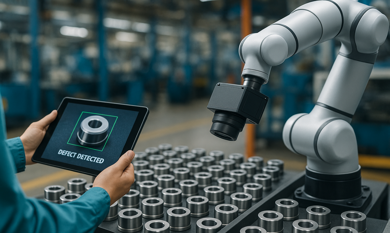
.png)

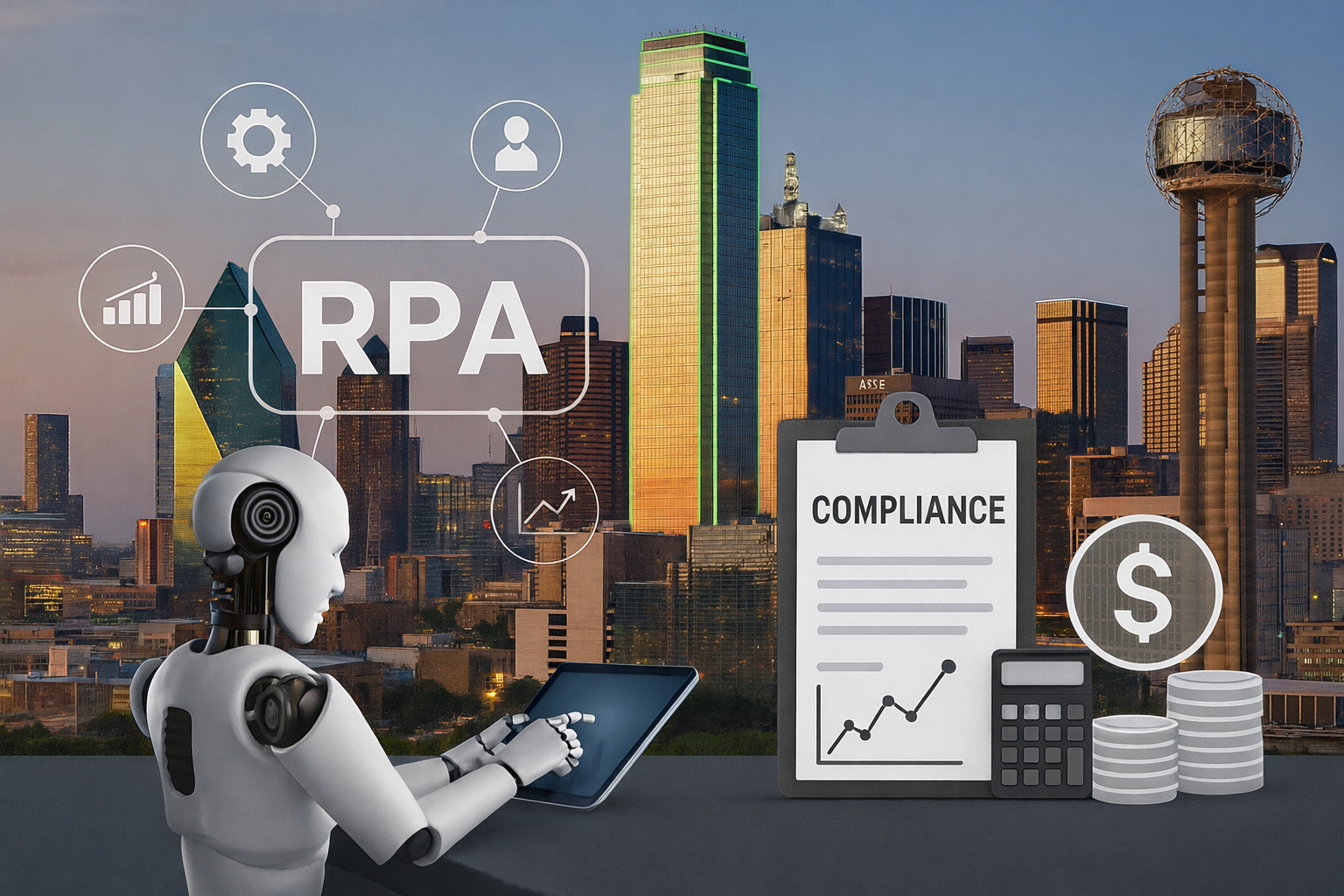

.png)



.png)








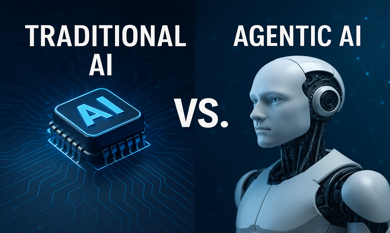


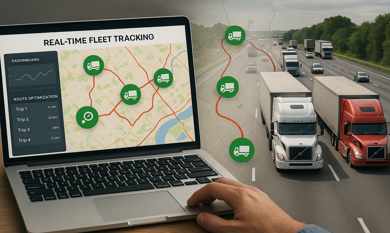





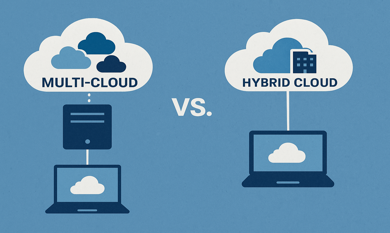

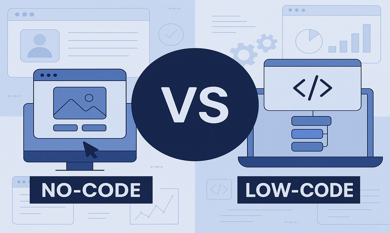








.png)
.png)


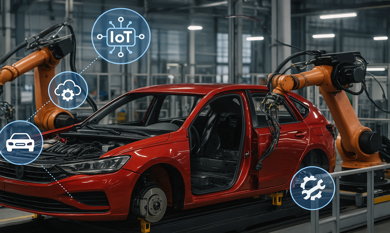



.png)
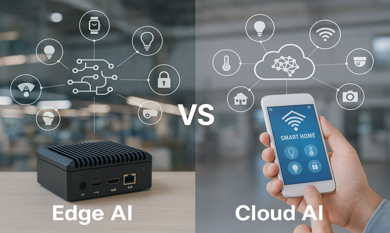
.png)
.png)
.png)


.png)
.png)
.png)
.png)

.png)





